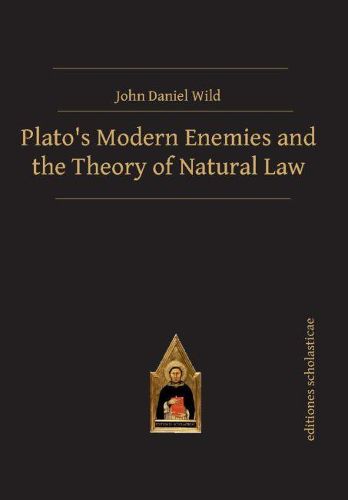Readings Newsletter
Become a Readings Member to make your shopping experience even easier.
Sign in or sign up for free!
You’re not far away from qualifying for FREE standard shipping within Australia
You’ve qualified for FREE standard shipping within Australia
The cart is loading…






This book is the first extended attempt to explain Platos ethics of natural law, to place it accurately in the history of moral theory, and to defend it against the objections that it is totalitarian. Wild provides a clarification of Platos ethical doctrine and a defence of that doctrine based not only of his analysis of the dialogues but on the belief that Plato must acknowledged as the founder of the Western tradition of natural law philosophy. The book begins with a presentation of the major objections raised against Plato by modern authors – Toynbee, Karl Popper and others who have condemned the so called totalitarianism of Platos thought. Wild answers these objections point by point and with a wealth of evidence taken from Platos own arguments. He then presents a historical study of the ethics of natural law, defining the theory and showing through an examination of relevant dialogues that Plato held such a theory. The work concludes with a systematic study of his realistic ethics and its bearing on contemporary problems.
$9.00 standard shipping within Australia
FREE standard shipping within Australia for orders over $100.00
Express & International shipping calculated at checkout
This book is the first extended attempt to explain Platos ethics of natural law, to place it accurately in the history of moral theory, and to defend it against the objections that it is totalitarian. Wild provides a clarification of Platos ethical doctrine and a defence of that doctrine based not only of his analysis of the dialogues but on the belief that Plato must acknowledged as the founder of the Western tradition of natural law philosophy. The book begins with a presentation of the major objections raised against Plato by modern authors – Toynbee, Karl Popper and others who have condemned the so called totalitarianism of Platos thought. Wild answers these objections point by point and with a wealth of evidence taken from Platos own arguments. He then presents a historical study of the ethics of natural law, defining the theory and showing through an examination of relevant dialogues that Plato held such a theory. The work concludes with a systematic study of his realistic ethics and its bearing on contemporary problems.